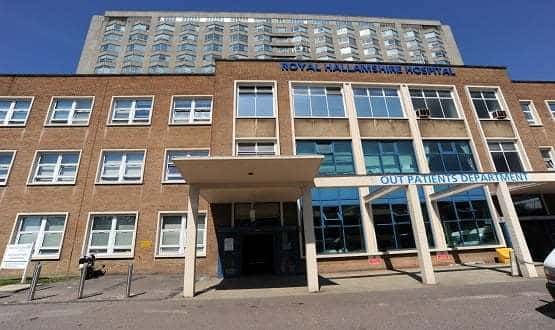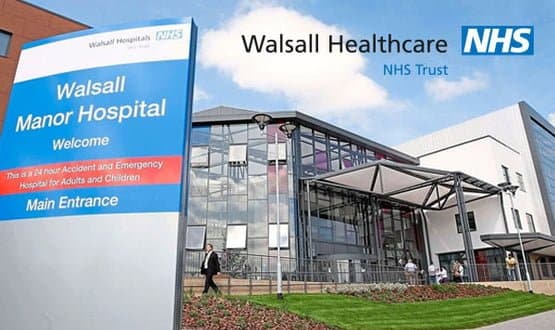Barnsley live with Lorenzo
- 10 November 2014

Barnsley Hospital NHS Foundation Trust has gone live with its Lorenzo electronic patient record system, saying the transition “has not been completely painless."
The trust deployed the EPR on 18 October, replacing its legacy McKesson Totalcare patient administration system and other clinical modules.
The go-live included implementation of administrative functionality, emergency care, clinical documentation, static care plans, advanced bed management and day care modules.
Barnsley was one of three trusts moving off the Totalcare PAS to third-party systems. System C has warned trusts in this position that they must move off the hosted service before Totalcare’s data centres close in February next year.
Diane Wake, Barnsley’s chief executive, said the implementation of Lorenzo “is part of our vision to become a ‘paperless’ hospital and is an exciting development for our patients and our staff.”
“The system will help us to enhance our patient safety in the future. Rather than having patient records in multiple places, our staff will be able to access them instantly on the system. This will help to improve the quality of the patient care we’re able to provide.”
Wake said the implementation of the new system “has required a major organisational change, and as expected, the transition has not been completely painless.”
As part of the transition, the trust captured some data on paper and is currently transferring the information onto Lorenzo. Barnsley also had delays in developing its reporting solution but this is now in place, Wake said.
She added that she would like patients to “bear with us” as the trust adapts to the system, and praised staff for their dedication and support during the implementation process.
Minutes from the trust board’s 2 October meeting – less than three weeks before the go-live – show there were high-level concerns about the lack of readiness for the trust’s reporting solution.
At the meeting, chairman Stephen Wragg expressed concerns about a “critical issue” relating to the production of key reports.
“The chairman expressed considerable surprise that this gap had been identified at this late stage, as the ability to produce reports should be a fundamental requirement of the system,” the minutes note.
Jason Bradley, the trust’s ICT director, said the supporting systems were “largely ready but not yet fully tested in terms of data extraction”, with all aspects of the project continuing to be closely monitored.”
An update about the go-live from the trust’s finance and performance committee said it had gone “relatively smoothly”, but noted ongoing issues with the input of data “caught on paper” before the go-live.
“Full reporting cannot be undertaken until all data is inputted and there is an ongoing concerted effort to complete this for the month end.”
Barnsley received official approval to take Lorenzo in April, after appointing a chief clinical information officer and submitting business plans to the CSC LSP Programme Board to ensure central funding for deployment and service costs.
However, in May the trust expressed concerns that its precarious financial position – after going from expecting a financial surplus to ending up with a several million pound deficit – would make it difficult to get benefits from the EPR deployment.
The trust’s May board papers said that the trust’s plans to deliver the full benefits of investment in technology, such as the EPR, were “an area for concern for the committee with the trust’s present financial position.”




